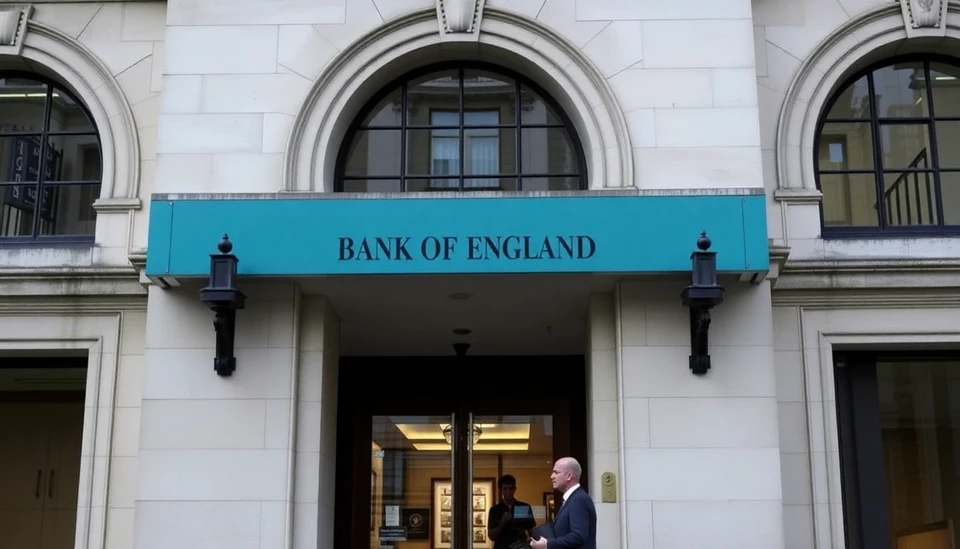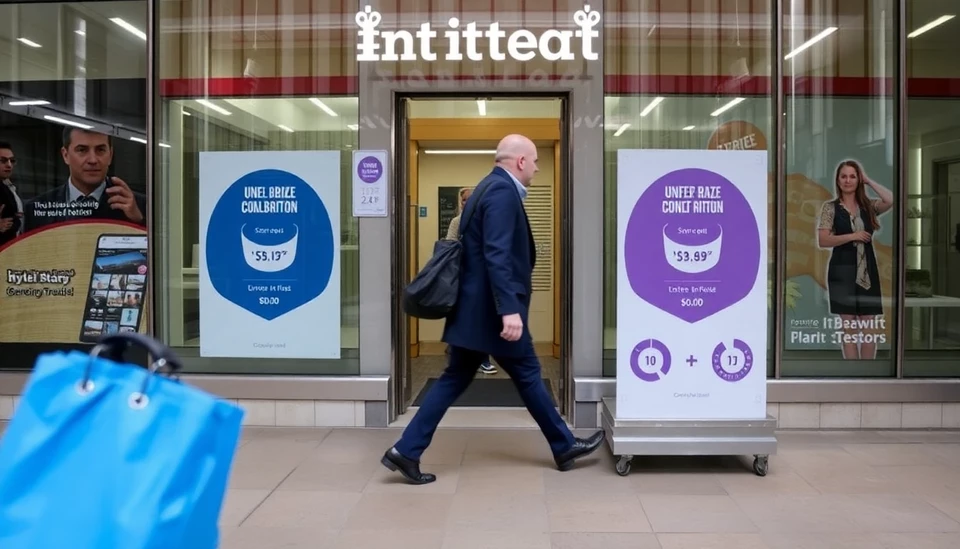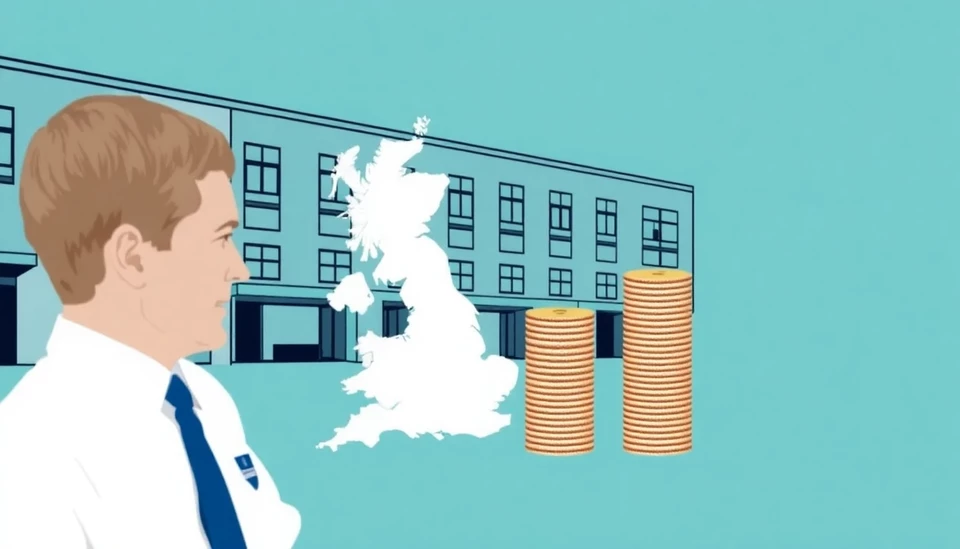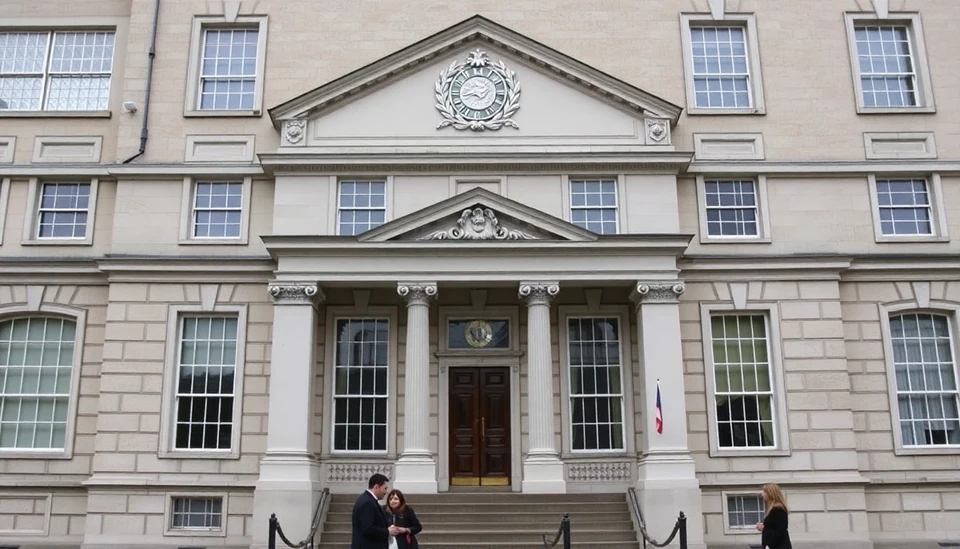
Inflation in the United Kingdom is showing signs of a resurgence, raising concerns among economists and policymakers regarding the implications for monetary policy. This unexpected uptick in inflation is causing the Bank of England (BoE) to reassess its strategy towards interest rate adjustments, especially in light of previous plans to cut rates in response to declining inflation figures.
Recent economic data has highlighted that consumer price inflation unexpectedly increased in January, stirring fears that the BoE may need to maintain its current interest rates longer than anticipated. Analysts had previously predicted a decrease in inflation, but the new figures suggest that consumer prices are stubbornly high, complicating the central bank’s path forward.
Policymakers were initially optimistic that a downward trend in inflation would provide room for rate cuts aimed at stimulating economic growth. However, with inflation showing signs of resilience, the BoE is treading carefully as it evaluates the necessity of maintaining its existing stance on interest rates.
The BoE’s latest reports indicate that the inflation rate rose to 4.5% in January from 4.0% in December, defying market expectations. Such an increase comes at a time when the central bank had been looking to pivot towards a more accommodative policy framework following a series of rate hikes aimed at controlling inflation over the past years.
The ongoing inflationary pressures are driven by several factors, including elevated energy prices and persistent supply chain disruptions. Furthermore, consumers are facing increased costs of essentials, which could weigh heavily on consumer spending and overall economic sentiment. This complex scenario leaves the BoE grappling with the challenge of balancing the need for growth with the imperative of controlling inflation.
As the economic landscape continues to evolve, experts suggest that the BoE may adopt a more cautious approach, possibly delaying any cuts to interest rates until there is clearer evidence of sustained improvements in inflation metrics. The central bank’s communication will likely reflect this cautious sentiment, as they navigate the uncertain waters of the post-pandemic economic recovery.
Wall Street analysts are closely monitoring these developments, as any indication of sustained inflation could lead to a reassessment of investment strategies, particularly in sectors sensitive to interest rate changes. The BoE's upcoming meetings and public comments from central bank officials will be pivotal in shaping market expectations and sentiment moving forward.
In conclusion, the resurgence of inflation in the UK poses significant challenges for the Bank of England as it deliberates over future monetary policy. The delicate balance of promoting economic growth while ensuring stability in prices will be a central focus in the months ahead, with all eyes on the central bank’s decisions and actions.
#UKInflation #BankOfEngland #InterestRates #EconomicPolicy #InflationConcerns #FinancialMarkets
Author: Laura Mitchell




